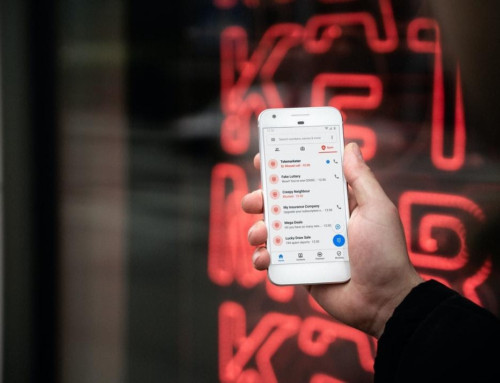Earlier this year, the US Court of Appeals for the Federal Circuit upheld the refusal of the Trademark Trial and Appeal Board (TTAB) to register a mark because of the “close similarity” between the applied-for mark and a previously registered mark.
Charger Ventures applied to register the SPARK LIVING mark for use in connection with the leasing, listing, and management of residential real estate. The mark SPARK was already registered for use in connection with the rental, brokerage, leasing, and management of commercial property.
The examining attorney refused to register Charger’s SPARK LIVING mark, and Charger appealed to the TTAB, which again evaluated the similarity of the marks – and again refused to register the SPARK LIVING mark.
Charger did not give up and appealed. The court also held that the marks were clearly similar, as were the services. Had Charger worked with an experienced trademark attorney, it likely would have chosen a trademark that could withstand this type of scrutiny.
Anyone choosing a new trademark should have a thorough trademark search conducted, covering not only the US Patent & Trademark Office’s registrations, but other databases and the Internet.
It would also be prudent to check the Canadian and Mexican registrations, as well as those of other pertinent foreign jurisdictions, particularly if you use your mark online or in other countries.
Foreign Sales
In late June, the US Supreme Court limited the extraterritorial reach of the Lanham Act, holding that it does not apply outside of the United States. In other words, the US trademark laws don’t apply to conduct outside of the United States.
The case involved Hetronic International, Inc., a US company that makes radio remote controls for construction equipment, and Abitron Austria GmbH, its former authorized European distributor.
After Abitron ceased being an authorized distributor, it began selling reverse-engineered Hetronic-branded products without a license. Only about three percent of the products entered the United States.
Hetronic successfully sued Abitron for trademark infringement. The lower court awarded Hetronic more than $90 million in damages, covering Abitron’s foreign sales of products as well as the products that ended up in the United States.
The Supreme Court overturned this award, holding that US trademark law applies only to “infringing use in commerce” that occurs within the United States.
This holding emphasizes the importance of registering your trademarks in every location where you sell your goods or services.
*****
Please feel free to contact us if you have any questions about or need help with choosing, protecting, or enforcing your trademark






